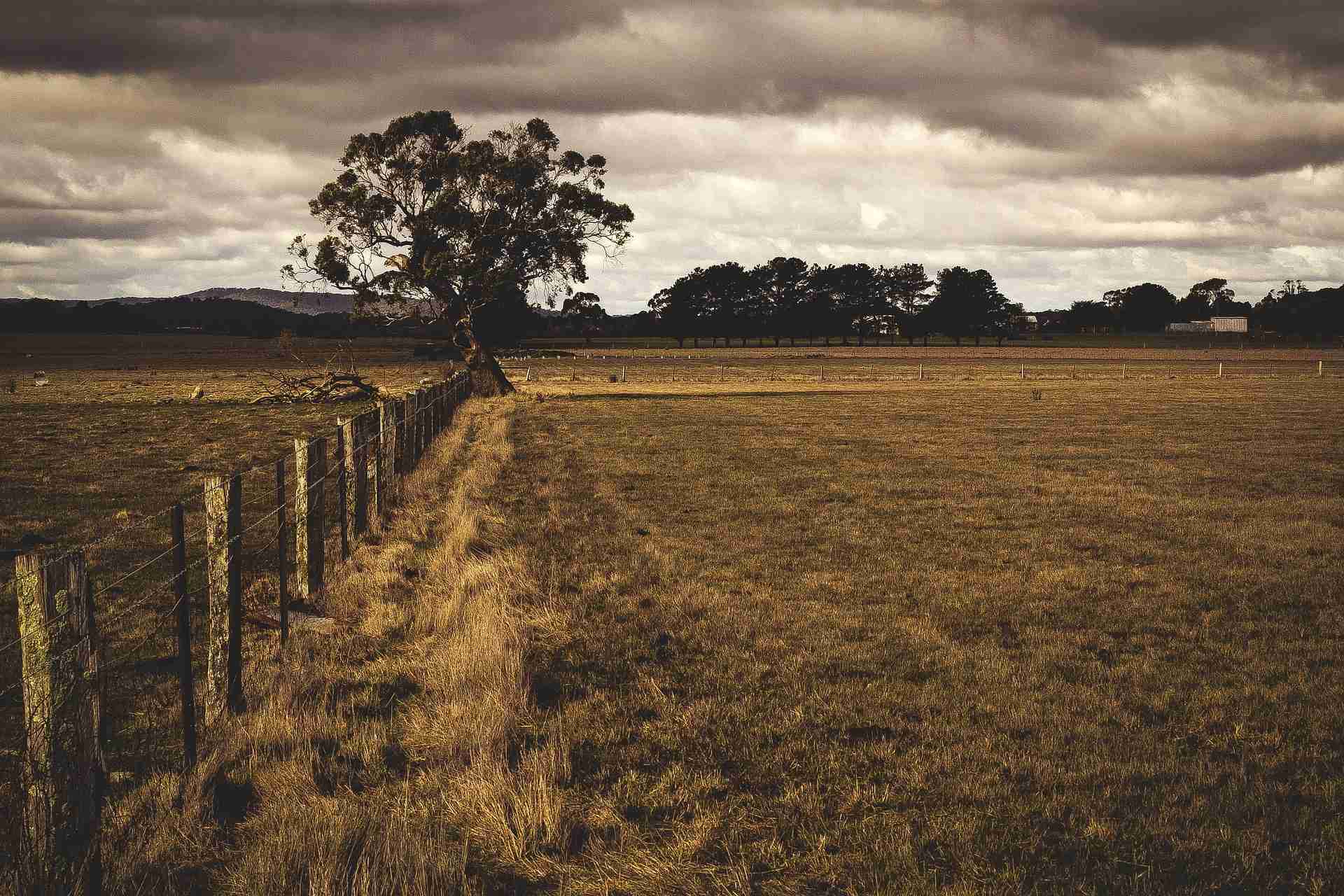Some time ago I was approached at an industry event by a farm animal vet. This person revealed to me that they are a vegan.
I was surprised. I asked if there was an inherent conflict of interest – how can you be vegan and work with animals that are destined for slaughter?
The vet replied that, far from being a problem, it was an opportunity to bring new perspectives to both sides of the debate:
They are able to educate fellow vegans about the realities of livestock production (and correct a few untruths). When among farmers it’s a chance to show that veganism is a choice, not a threat.
We chatted for a long time and the vet agreed to do a story with me for BBC Radio 4’s Farming Today, which was running a series of reports on veganism.
This individual spends every day on livestock farms, working closely with farmers, so wanted to run it all past their veterinary colleagues first. That’s when it started to unravel.
The vegan farm vet was been made to feel that speaking out is too risky. Some, but not all, of the senior management team expressed a fear that farmers may be angered into refusing the vet access to their farms, which would essentially make this person unemployable.
Is this a true reading of farmers’ views? Have we really come to the point where a person cannot discuss their dietary choices for fear of upsetting farmers? Are we really that defensive? Are we really that scared?
The vet called me to confirm the interview was off. Audibly upset, they apologised for “wasting my time”.
“My personal choices make some people feel so threatened that they attack me for them,” said the vet.
“They think it’s OK to mock me or be defensive about my choices. It’s not easy when people are calling you a hypocrite for working in the livestock industry, or saying I can’t possibly be a farm vet if I’m not eating meat and promoting the industry.”
I am blogging about this, with the vet’s permission, to show you the challenges we face as journalists trying to tell stories about the big issues in farming.
I am frustrated with the perceived short-sightedness of the agricultural community.
Here was an opportunity for a positive and constructive story about veganism, challenging the tribalism and division that has dominated so much media coverage.
Here was an opportunity to demonstrate modern and progressive values by supporting someone who wants to say something different.
And if there really are farmers out there who would refuse to work with a vet just because they eat beans instead of beef, I am disappointed and saddened. I thought better of British farming.
Had I been a different sort of journalist, or a campaigner with an anti-farming agenda, I was handed a much juicier story the moment a tearful vet told me they were being urged not to do an interview they wanted to do.
“Vet Threatened for Being Vegan” makes a hell of a headline. But that’s not the story I wanted to tell. That’s not the story I would have told.
One of the reasons I set up Just Farmers was to build more openness and transparency between the agricultural industry and the media. I passionately believe this is one way of bridging the disconnect which exists between farmers and the urban population. But it boils down to trust. And trust works both ways.

